Yao urges lighter govt grip on sports system
Updated: 2014-03-18 09:51
By Sun Xiaochen (China Daily)
|
||||||||
Measuring 2.26 meters tall, basketball icon Yao Ming is the center of attention wherever he appears, even at the annual session of the Chinese People's Political Consultative Conference that concluded last week.
Since the opening session earlier this month at the Great Hall of the People, every one of Yao's public appearances became a horde of reporters and delegates raising cameras and voice recorders as they craned for a memento of the celebrity.
Yao's thoughts, concerns and stark appraisal of the state of the nation's sports programs were as eye-catching as his stature.
"The governing bodies for sports should decentralize decision-making rights and provide more freedom for nongovernmental organizations and professional associations to operate on their own," Yao said in response to the central government's call to streamline administrative procedures and delegate powers to lower levels after a CPPCC panel discussion.
Attending the session for a second year, the former NBA All-Star center said he still needed extra time to consider and submit further proposals but that reform of the outdated sports system could not wait.
"We should let the market play a pivotal role in resource allocation in sports development without as much administrative intervention as we have now.
"For highly professionalized sports like basketball, we should allow the league to operate through an enterprise model in a market-oriented environment," said Yao, current owner of a Chinese Basketball Association club, the Shanghai Sharks.
Yao's sentiments were echoed by the sports panel at the CPPCC, which included sports officials, scholars, industry representatives and renowned athletes.
Olympic champion hurdler Liu Xiang, who was appointed a CPPCC member in 2008, agreed with Yao, saying China should further develop its sports sector.
"The opening-up policy for the economy should also be introduced for sport and more social entities and private investors should be welcomed," Liu said.
In the current State-run system, the General Administration of Sport of China and its 43 affiliated governing bodies oversee major sporting affairs, including nurturing talent, professional league management, mass fitness programs and general development.
The system, which originated against the backdrop of a planned economy, features a centralized decision-making mechanism, full-time national squads and a unified budget and accounting system.
The Chinese Basketball Association provides an example.
It retains all major decision-making powers, from finalizing sponsorship deals to approval of player transfers, despite the existence of a league committee, which is composed of 16 club representatives.
In soccer, the situation varies. Clubs in China's top soccer league, which was established in 1994, have more say than their CBA counterparts in transfers, commercial deals and developing talent.
However, the soccer administration still has a major say over key issues, such as league sponsorship and broadcasting rights, despite the presence of a league council.
Volleyball, badminton and table tennis have provincial teams managed by local sports bureaus with little experience of professionalism.
"The key is to implement a professional approach and to run the sports leagues like modern enterprises, so the governing body should relinquish more rights," Yao said.
Vowing to shift its focus from elite success to public fitness after the 2008 Beijing Olympics, the General Administration of Sport of China proposed a reform blueprint to trigger wider enthusiasm and participation at the grassroots level.
"We are going to introduce a trial program by relinquishing 18 event associations and cutting off their links with the government," said Yang Shuan, deputy director of the administration.
The 18 associations will need help to transform smoothly from government-funded agencies to self-managing entities in charge of tournament organization and public promotion, Yang said.
Some said the reform should be implemented gradually.
"For some less marketable events, like weightlifting and wrestling, they need State support because they don't attract large crowds, like soccer or basketball," said Yang Hua of Beijing Sport University.
sunxiaochen@chinadaily.com.cn
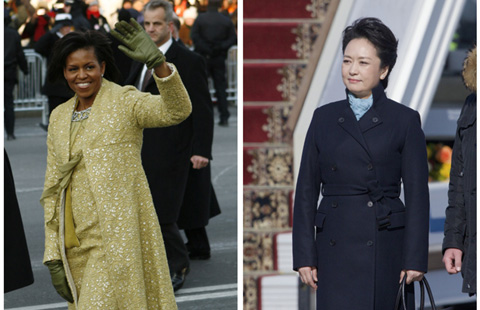
 Fashions of the first ladies
Fashions of the first ladies
 Pro-Russian forces take over Ukraine's naval HQ
Pro-Russian forces take over Ukraine's naval HQ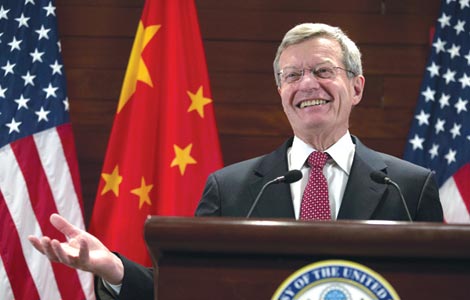
 New US envoy hits ground running
New US envoy hits ground running
 HK cellist to perform at Carnegie Hall
HK cellist to perform at Carnegie Hall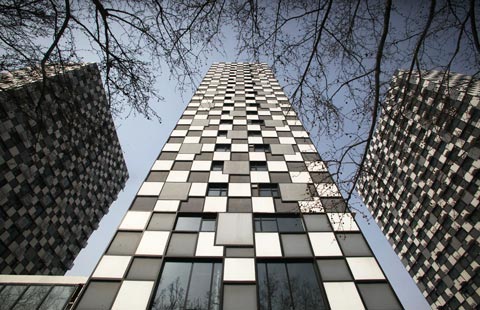
 Skyscrapers in E China resemble LV check pattern
Skyscrapers in E China resemble LV check pattern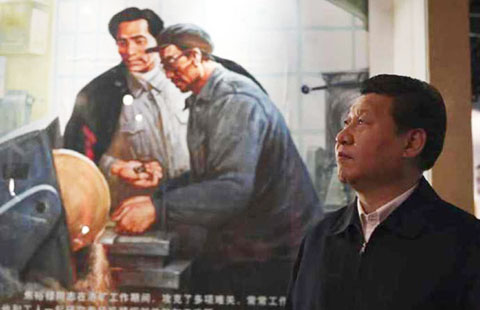
 President Xi honors memory of devoted county Party chief
President Xi honors memory of devoted county Party chief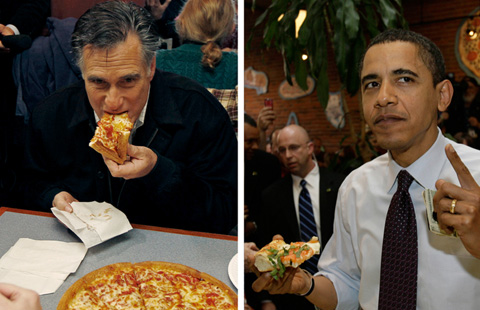
 More than just food
More than just food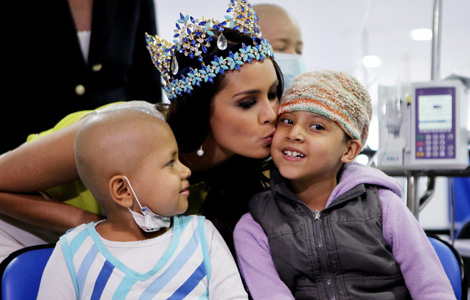
 Miss world visits cancer children in Colombia
Miss world visits cancer children in Colombia
Most Viewed
Editor's Picks

|

|

|

|

|

|
Today's Top News
Tour adds 'new dimension' to Sino-US ties
Hunger strike off, anger remains
China largest holder of US debt
California shelves proposal
Chinese treasures on the block
China must expand inbound tourism
Tourists offered compensation for bad air days
US first lady's China visit to boost relations
US Weekly

|

|






